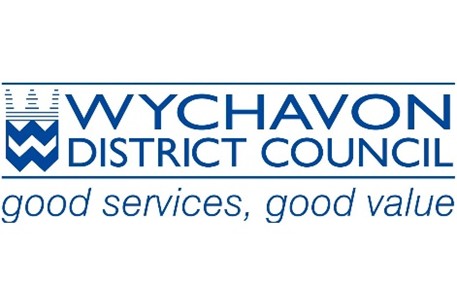Farm traceability
What is traceability in farming?
Do you know where your crops have been from seed to sale? Most do, but don’t have a record of it. Traceability in agriculture is the process of documenting every step of your crop cycle, in order to provide an accurate reading. This documentation can be very time consuming to complete retroactively, and things get missed when done manually. Using food traceability software allows for seamless record keeping, that automatically documents each step of the way; for auditing purposes.
Why is farm traceability important?
Client
The food in the UK is subject to strict and stringent regulations, in order to protect consumers. Supermarkets will need a full log of where each crop has been, to be compliant with food safety standards. They will also want to know if any crops had been grown and brought in from overseas, to make sure they can put the British made stamp on the produce.
Consumer
Agriculture traceability can also be vital for transparency, as the consumer market is becoming more aware of what goes into their food. The demand for farm to fork traceability has gone beyond simple compliance, and now part of the buying mentality. There are many consumers who prefer to buy exclusively from British farmers, as they only want to eat local products.
What food traceability solutions are there?
Manual records
For very small-scale farms, traceability could be managed with manual documentation. It is cheaper option, and as long as the process is done every time, it is an effective way to keep track of where your crops go. The issue of manually entering records is that it doesn’t provide a finished uniform document at the end you can simply print off.
Automatic records
As you do anything within your farm traceability software, it will update the overall project at every step. This keeps a log of every movement, and allows for an easy way to access the traceability audit. All you have to do is work as normal, and the farm traceability software documents it automatically.
Want to learn more?



